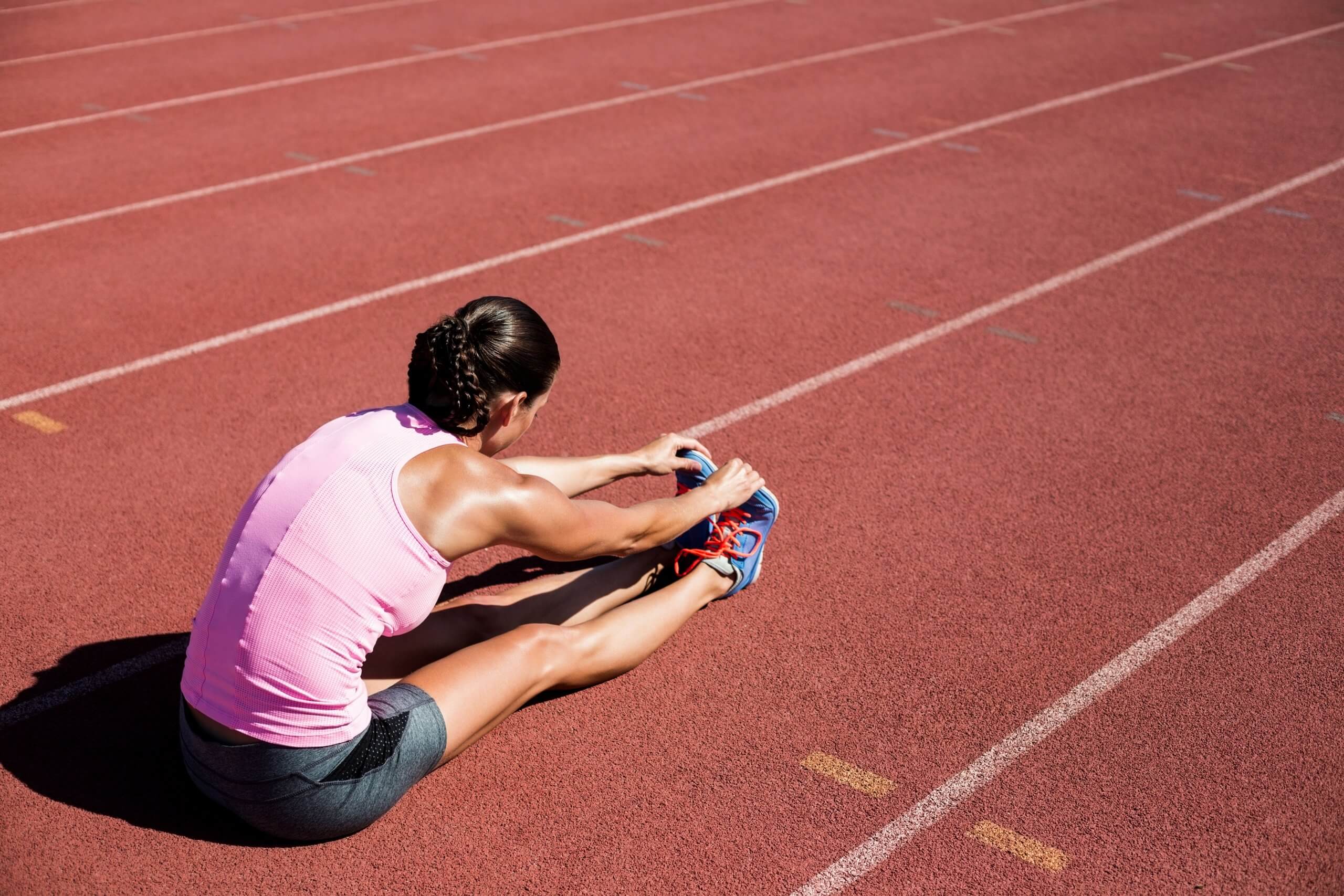Why Don’t I have Periods?
I started running competitively when I was a freshman in high school. My period had never been regular but I found that over the years it became less and less regular, until I entered college and it completely disappeared. I remember asking my teammates about it and feeling surprised to learn that the vast majority of them either seldom got their period… or they never got it at all. This is not an uncommon story, especially not in a Division 1 endurance sport. However, that being said, amenorrhea, or the absence of menstruation, can happen to women of any sport, any size, any time.
You may be asking yourself right about now, why is this a bad thing? Losing my period just gives me one less thing to deal with. But that’s where you’re wrong. Amenorrhea occurs when your body is not producing enough estrogen to ovulate1. This can happen for a variety of reasons, such as low body weight, disordered eating, stress, or high levels of exercise-related hormones1,2. Amenorrhea or menstrual dysfunction is defined by three missed periods in a row or irregular periods and frequently missed periods for six months3. Frequently missing periods can have negative long-term and short-term side effects. Long-term side effects include reduced fertility, increased levels of blood cholesterol, loss of bone density, and premature aging2.
The short-term effects of menstrual dysfunction are encompassed in a larger term that used to be known as the Female Athlete Triad but is now known as Relative Energy Deficiency in Sport (RED-S). This was changed to include male athletes as well since they are also affected by things such as low energy availability and low bone density. The International Olympic Committee (IOC) defines RED-S as “impaired physiological function including, but not limited to, metabolic rate, menstrual function, bone health, immunity, protein synthesis, cardiovascular health caused by relative energy deficiency.”4. As a female athlete, RED-S can drastically impact your overall health, not to mention your athletic performance. The loss of menstruation can lead to an imbalance in essential sex hormones such as oestrogen and progesterone. This imbalance can lead to a decrease in body density and even permanent bone loss if gone untreated4. In fact, a study conducted with 249 female high school athletes found that athletes who reported menstrual irregularities were almost three times more likely to sustain an injury that resulted in seven days or more of time not practicing or competing5.
So, since I already scared you enough, the real question now is: how do you get your period back? In order to establish a healthy balance within your body, it needs to be fueled properly. Here are some ways to help achieve that balance6:
- Eating three meals a day
- Consistently eating all food groups (yes even fats and carbs!)
- Eating a post-exercise recovery snack containing protein and carbohydrates within 60 mins of exercise
- Fuel during workouts lasting longer than 90 minutes with carbohydrates
- Consume adequate amounts of calcium & Vitamin D
If you have further questions about regaining your body’s balance and kicking amenorrhea for good consult a registered dietitian for more insight.
Sources:
1). Missed Periods and Endurance Training. University of Michigan. https://www.uofmhealth.org/health-library/sig45278. Published July 2020. Accessed Septemeber 2021.
2). Menstruation – athletic amenorrhoea. Better Health Channel. https://www.betterhealth.vic.gov.au/health/conditionsandtreatments/menstruation-athletic-amenorrhoea. Published August 2018. Accessed September 2021.
3). Inouye J. Examining All Angles of the Female Athlete Triad. Healthier Hawaii. https://www.hawaiipacifichealth.org/healthier-hawaii/be-healthy/examining-all-angles-of-the-female-athlete-triad/. Published August 2019. Accessed September 2021.
4). Mountjoy M, Sundgot-Borgen J, Burke L, et alThe IOC consensus statement: beyond the Female Athlete Triad—Relative Energy Deficiency in Sport (RED-S)British Journal of Sports Medicine 2014;48:491-497.
5). Thein-Nissenbaum JM, Rauh MJ, Carr KE, Loud KJ, McGuine TA. Menstrual irregularity and musculoskeletal injury in female high school athletes. J Athl Train. 2012;47(1):74-82. doi:10.4085/1062-6050-47.1.74
6). Is It Normal to Lose Your Period Because of Exercise? Cleveland Clinic. https://health.clevelandclinic.org/is-it-normal-to-lose-your-period-because-of-exercise/. Published February 2021. Accessed September 2021.








Recent Comments